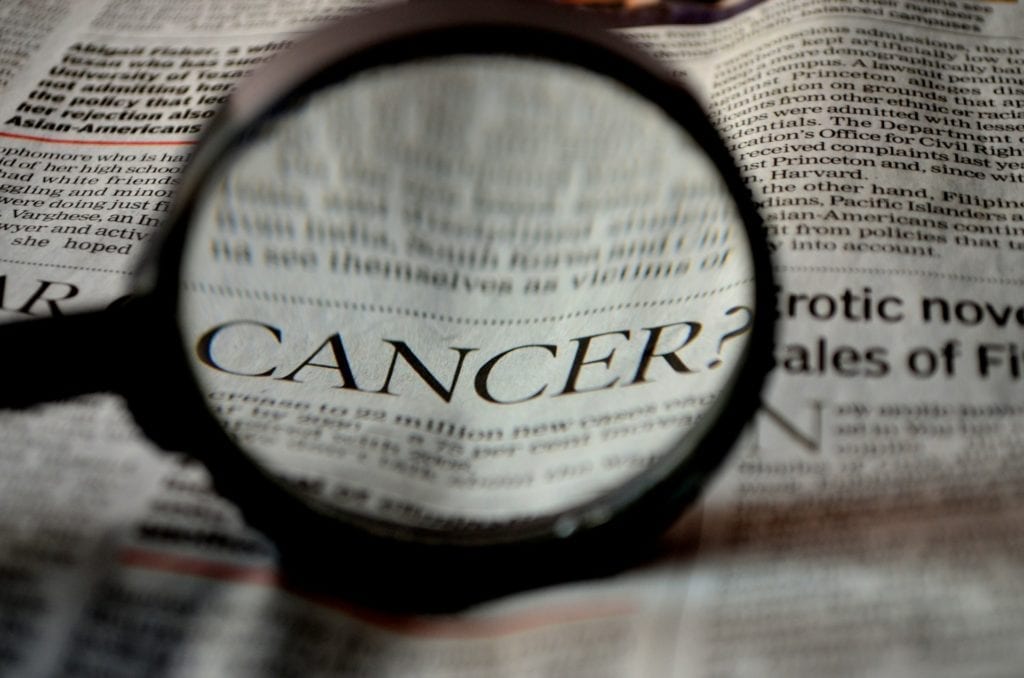New research has shown that patients who have coverage are more likely to obtain successful treatment.
Two recent studies have underscored the importance of health insurance status. Cancer patients who have private coverage appear to have a notable survival advantage. These studies showed that people with private insurance coverage obtain an earlier diagnosis and live longer than people whose coverage is through Medicaid or people who are completely uninsured.
The first study involved an analysis of the data from over 13,600 adult patients with and without insurance.
These patients all had the most common form of malignant brain tumor, called glioblastoma multiforme. Their data was from 2007 through 2012. The second study looked at the data from over 10,200 adults who had received a testicular cancer diagnosis between 2007 and 2011 and considered their health insurance status as well. Both studies were published in August in the Cancer journal. Their data was gleaned from the National Cancer Institute’s program called Surveillance, Epidemiology, and End Results (SEER). The SEER program monitors the incidence of cancer and its survival rates in the United States.
The health insurance status study considered those two types of cancer patients due to their very different natures.
 Glioblastoma multiforme is a highly aggressive form of cancer. Following diagnosis, patients typically won’t live longer than one year. There is less than a 5 percent chance of living five years after diagnosis.
Glioblastoma multiforme is a highly aggressive form of cancer. Following diagnosis, patients typically won’t live longer than one year. There is less than a 5 percent chance of living five years after diagnosis.
On the other hand, testicular cancer is commonly treated effectively with chemotherapy. This remains true even if the cancer has spread to other parts of the body. There is a more than 95 percent survival rate for five years beyond diagnosis.
In the case of both types of cancer, the patients who had private health insurance coverage were those who had the greater survival rate and who lived longer. In the study that analyzed the testicular cancer patient data, there was a 26 percent lower chance of receiving diagnosis among uninsured patients before the cancer had spread than those who had coverage.
Even with testicular cancer, health insurance status played a role in survival. Men who were uninsured had an 88 percent higher chance of dying from the cancer than those with private coverage. For Medicaid patients, that figure was 51 percent.
